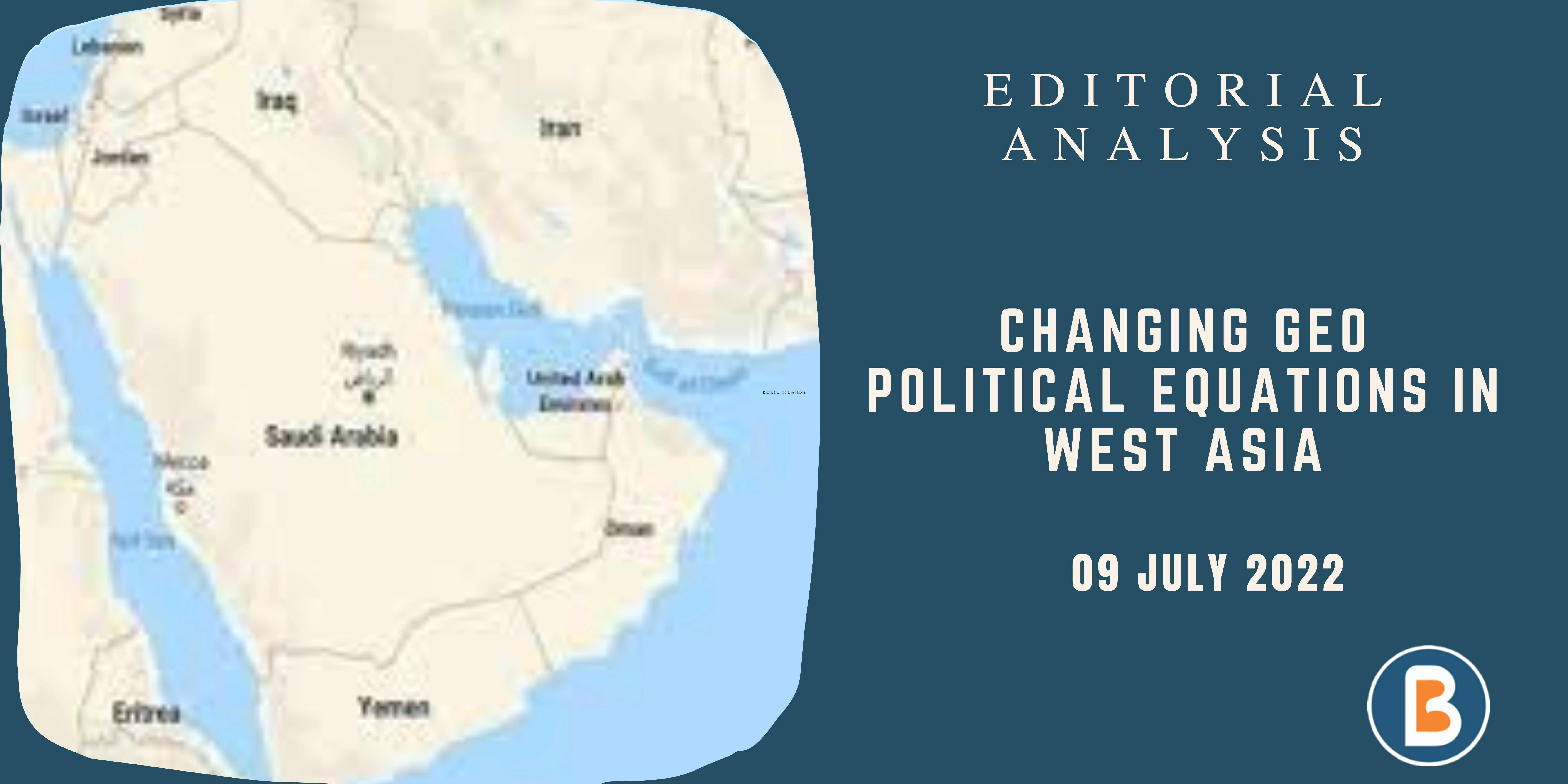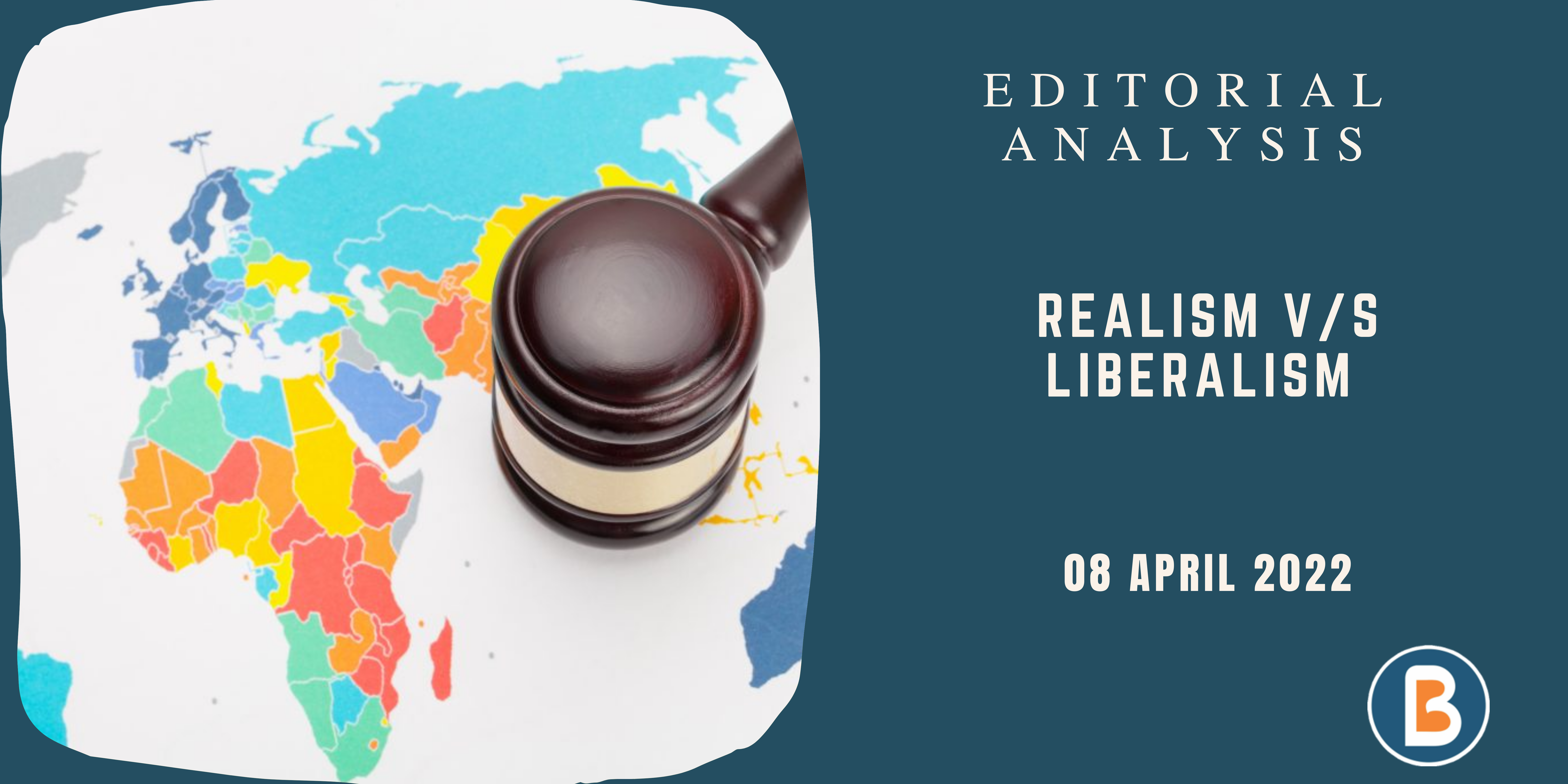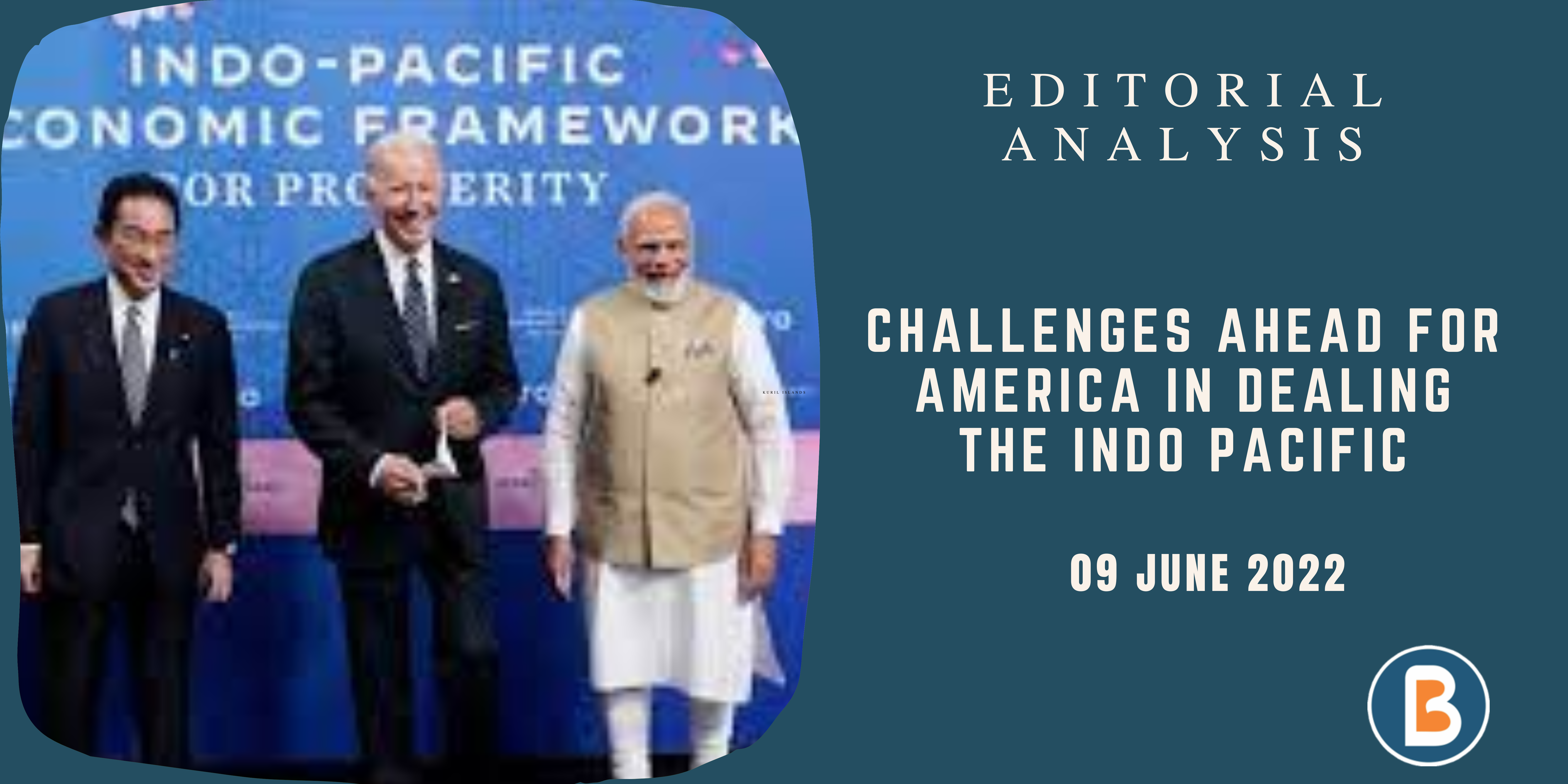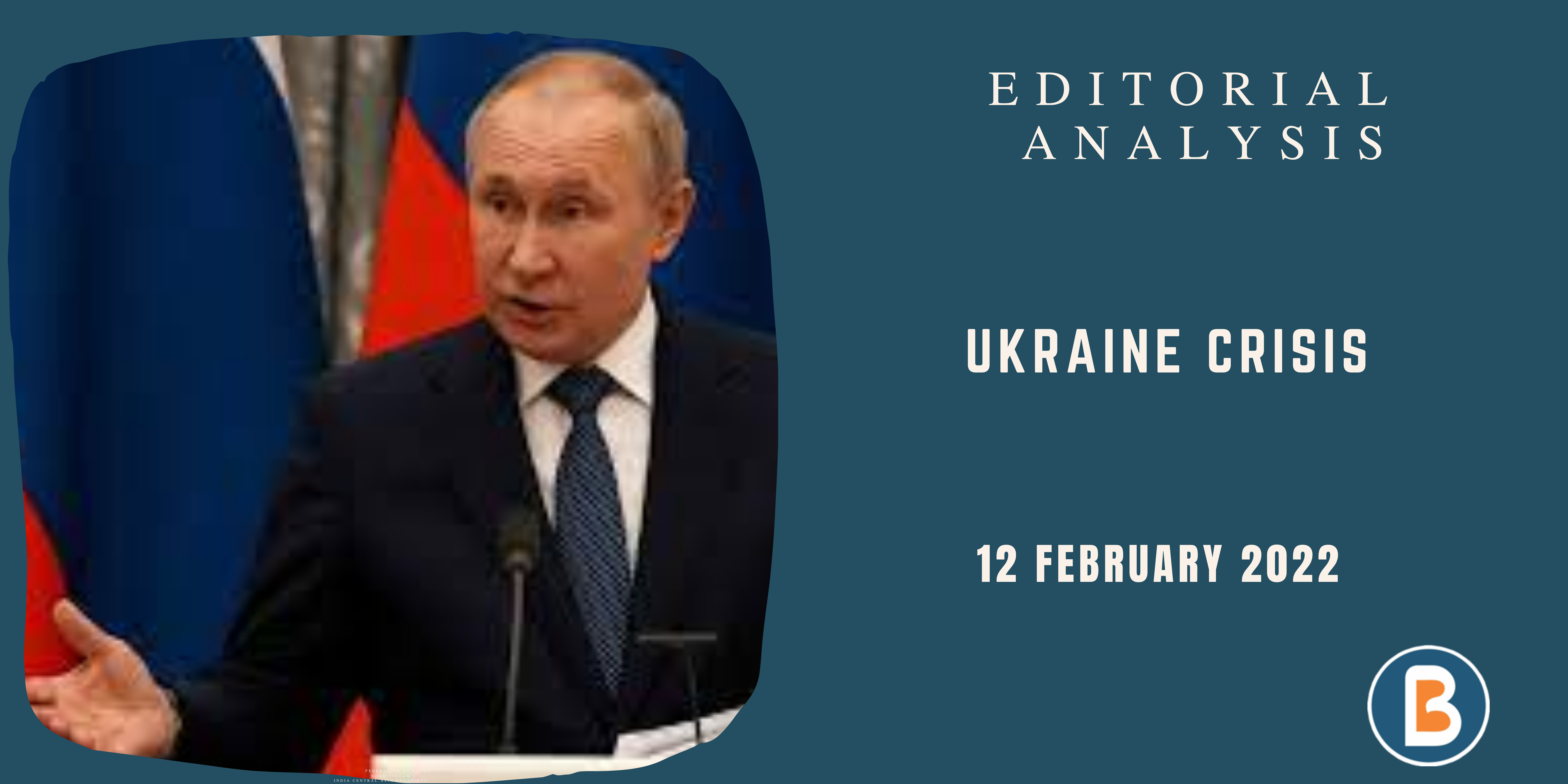Changing Geo Political Equations in West Asia
History:
- Prior to the Islamic Revolution in the 1980’s Israel and Iran shared cordial relationship, they had numerous engagements.
- Those engagements also included exchange of oil resources for nuclear missiles as Israel was the only nuclear country in the region.
- But the The Iranian Revolution also known as the Islamic Revolution overthrew the Pahlavi dynasty and replaced it with Islamic theocratic rule.
- The rise of a Shia power against the Sunni Kingdoms has brought the Arab world and Israel together under the aegis of US.
- The revolution moved Iran, one of the natural powers in the region in terms of resources, geography and population, from an American ally to its top enemy.
What is the OCTOPUS Doctrine?
- This doctrine was put forth by the former Israeli Prime Minister Naftali Bennett, he had stated that – hit the octopus at its head, not just at its tentacles.
- The conflicts between Israel and Iran has been escalated including numerous drone attacks and the shipping conflicts in Gulf, Arabian and the Mediterranean waters.
- Israel has carried out hundreds of air strikes inside Syria in recent years, targeting Iranian supplies.
About the Nuclear Programme:
- Currently the balance of power is in favour of Israel in terms of Nuclear Capabilities, if Iran increase its nuclear capabilities then there will be changes in the balance of power in the region.
- So, there is a consensus among West Asia’s anti-Iran axis (the U.S., Israel and the Gulf kingdoms) that Iran’s nuclear programme should be restricted.
- The 2015 nuclear agreement had successfully restricted its ambitions on increasing nuclear capabilities.
- But the countries in the region including Israel and Gulf countries were not satisfied with JCPOA (or the Joint Comprehensive Plan of Action, as the deal is known).
- This is because under the JCPOA (or the Joint Comprehensive Plan of Action, as the deal is known) agreement Iran would be compensated with economic benefits for limiting its nuclear capabilities.
- Israel wants not just Iran’s nuclear programme to be scuttled but also its rise to be contained.
- Israel saw its concerns being heard in Washington when the Trump administration decided to unilaterally pull the U.S. out of the nuclear deal and reimpose sanctions on Iran in 2018.
Implications:
- The maximum pressure approach which was followed by the Trump administration was done with an intention to force Iran to flinch and return to the table to renegotiate the deal.
- The situation now is more complicated than it was in 2015. Iran is facing domestic pressure over its economic woes, but the regime, all branches of which are now controlled by hardliners, is highly unlikely to compromise on its weapons programme or regional policy.
Way Forward:
- Iran argues that it wants the sanctions to be lifted if the 2015 JCPOA (or the Joint Comprehensive Plan of Action, as the deal is known) agreement has to be brought into force.
- One of the reasons for the collapse of the Vienna talks was the Biden administration’s refusal to undo the Trump decision of designating the Islamic Revolutionary Guard Corps (IRGC) as a terrorist group.
- So there are many complications in this geopolitical vortex which has to be resolved for peace to sustain in the region.
Source The Hindu
For more updates, Click Here




